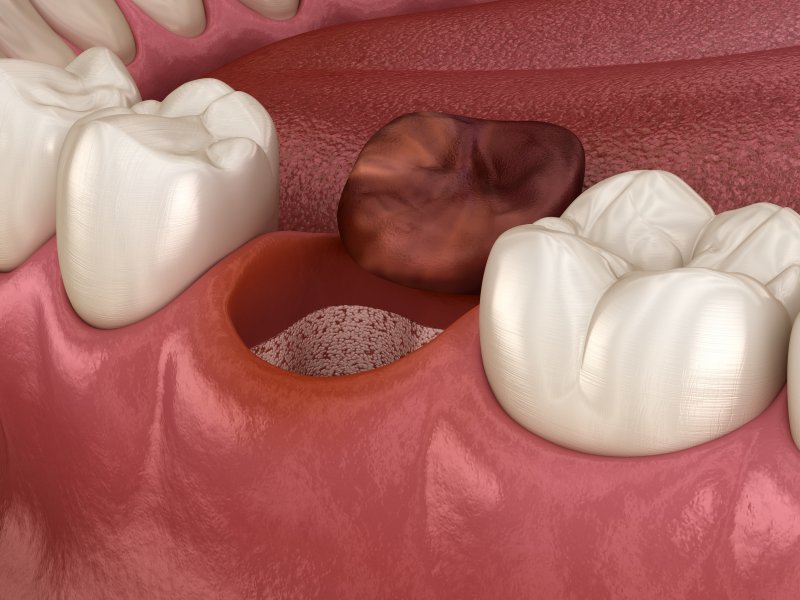
When you have a tooth extracted, you can free yourself from the discomfort that you may have been feeling for a long time, and potentially protect the rest of your teeth from a spreading infection.
However, tooth extractions can involve a fair amount of trauma to the mouth, and you have to be careful after the surgery that you don’t develop any complications. For example, dry socket is a painful condition that comes from mismanagement of healing. If you want to know more about dry socket and how you can prevent it, here’s a guide that may be able to help you.
What is Dry Socket?
When you have a tooth extracted, a clot quickly begins to form where the tooth once was. This clot is vitally important to healing, as it’s responsible for protecting the interior of the jaw from infection.
When the mouth is exposed to suction, it’s possible for that clot to e pulled out of the wound, exposing the bone and nerve tissue underneath. This is “dry socket,” and in addition to seriously delaying healing, it’s also just as uncomfortable as it sounds.
How to Prevent Dry Socket
If you want to avoid developing dry socket, it’s important to avoid any suction that could pull out your clot. For one, you may be tempted to stick to a soft food diet directly after your surgery; that’s not a bad idea, but if you’re drinking smoothies be sure to skip the straw.
Smoking is also a problem, not just because of the smoke itself, but the suction involved as well. That means vaping is also dangerous.
While extractions can be scary, just remember that you’re almost out of the woods. Keep these tips in mind, and you should be all healed up in no time!
About the Author
Dr. Dhavalkumar Rana has been working in dentistry for nearly a decade. He believes that everyone deserves to have great oral health, and he works hard to ensure that everyone gets it. Dr. Rana received his doctorate from New York University, completing a periodontal honors program and extensive training in dental implants. He’s also a proud member of the American Dental Association and the Texas Dental Association.
If you have any questions about how you can avoid dry socket, we can be reached at our website or by phone at (469) 399-7288.
